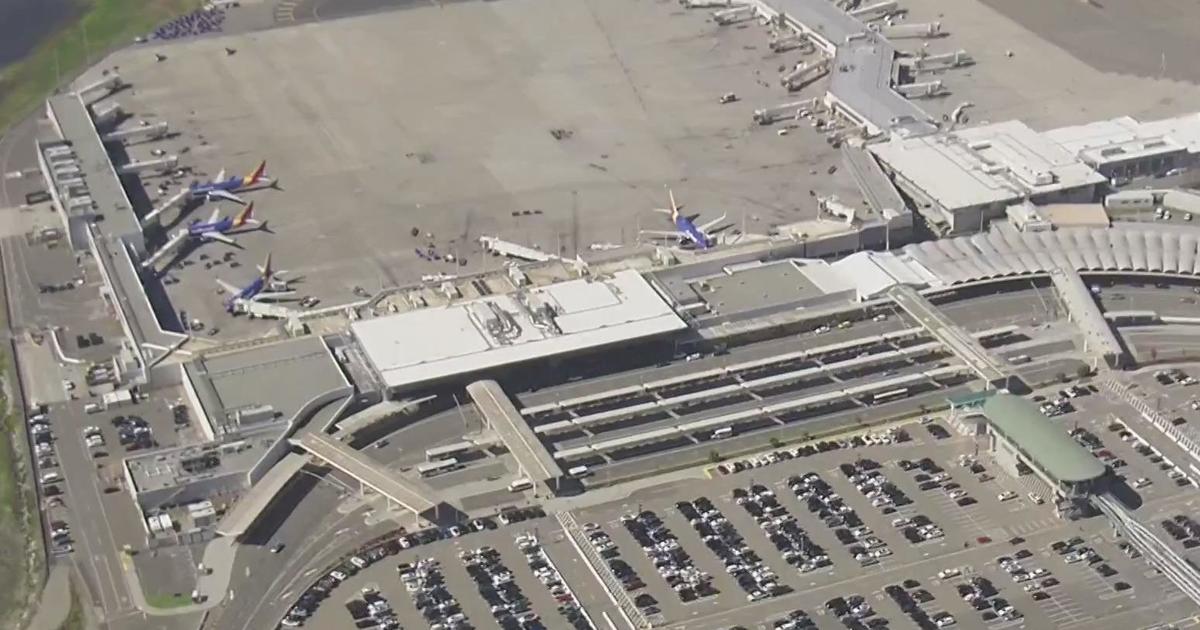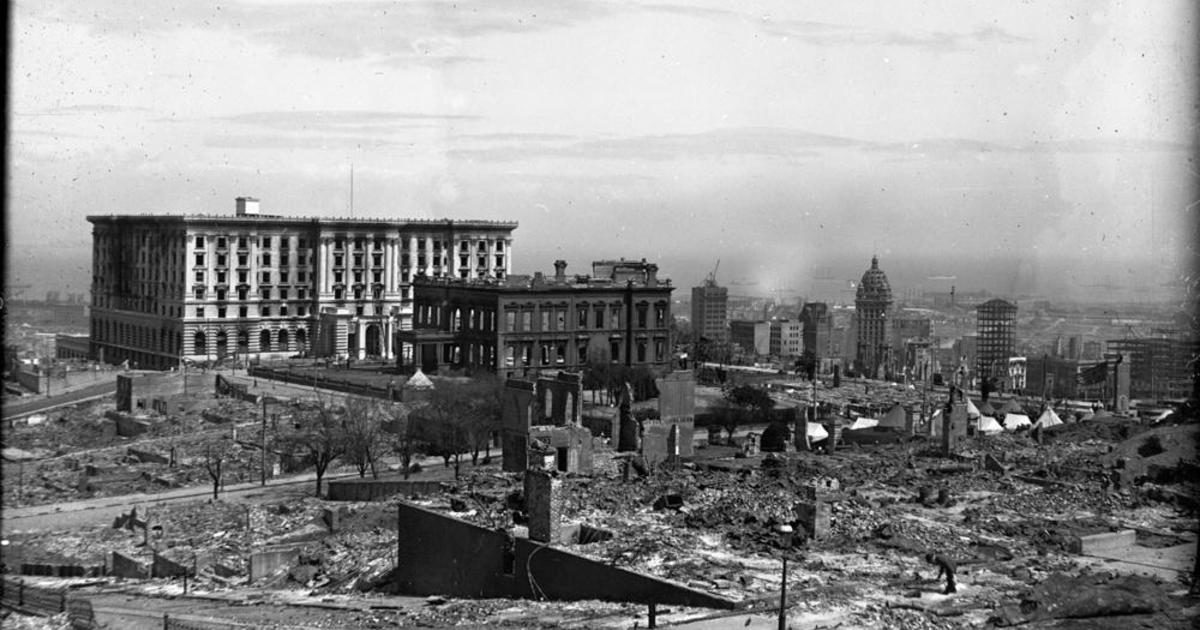New Industry Study Shows Soda Tax May Not Raise Price Of Soda
BERKELEY (KPIX 5) — A new, industry-funded study on Berkeley's soda tax says it may be having unintended consequences.
This comes just as three Bay Area cities have their own soda tax proposals on the November ballot.
The new study, albeit paid for by the soda industry, shows that the tax may not raise the cost of soda, but could be spread to other grocery items.
Supporters of the tax say it is needed to protect kids' health. They point to Berkeley, which has a soda tax, as proof that it works. But does it?
Brad Williams, a former chief economist for the California Legislative Analyst's Office now works at Capitol Matrix Consulting and he said, "What we found is that, to a surprising extent, the tax is getting spread around in Berkeley."
An anti-soda tax group hired Williams to look at the numbers.
"If you don't have a major increase in price on sugar sweetened beverages you're not going to get a significant effect on consumption so you're not going to get the health benefits that the proponents would like to see," Williams said.
Critics of soda taxes say it's really a grocery tax because nothing forces stores to raise the price of soda. Grocers can recoup the tax however they like, charging more for other items.
And that's what this survey of 180 small grocers in San Francisco, Oakland and Berkeley found. Seventy percent said they would raise the cost of many products, not just sugary drinks.
"If the tax is spread around, it's going to affect a broad spectrum of residents of San Francisco whether or not they purchase sugar sweetened beverages," Williams said.
According to the study, the cost of soda in Berkeley isn't much different than in other cities.
The study looked at prices of Coke, Pepsi and Dr. Pepper at CVS, Walgreen's, Safeway and 7-11s in Berkeley and compared that with prices in Oakland, Emeryville, Richmond, Albany and El Cerrito.
A standard 12-pack of soda was 20 cents higher in Berkeley. A 2-liter bottle was 16 cents more expensive. And a 20-ounce bottle was only a penny more.
These show an average of 15 percent of the tax being passed through to soda.
Laurie Capitelli is a Berkeley City Council member who is also running for mayor and he's aware that not all grocers are raising the price of soda in Berkeley.
When asked whether grocers have been passing along the tax?
Capitelli responded, "Some have and some haven't it's kind of a toss up right now."
If grocers are spreading this around does that undercut the purpose of the tax?
"I don't think so actually because I think there are two components of the taxes…one is to discourage consumption based on price the other is to discourage consumption based on education and education is working," Capitelli said.
Williams does not agree.
Williams said, "The bottom line is, the purpose of this tax is to change behavior. Because the tax is going to be spread across a wide variety of groceries, there's not going to be a big change in behavior."
The industry-funded study found that the price of soda doesn't necessarily change after the soda tax is passed.
Capitelli said he knows some grocers in Berkeley haven't decided to raise the cost of soda at their stores.
The taxes that are collected go into the general fund in Berkeley so that money could be used for any government purpose. The same is true for the proposals in Oakland and San Francisco.
But Capitelli said his constituents will hold his feet to the fire and make sure that money is used for health-related purposes.



